Remembering Anfal crime in Badinan: Fate of 2,000 Kurds still unknown
Genocide 04:01 PM - 2021-08-25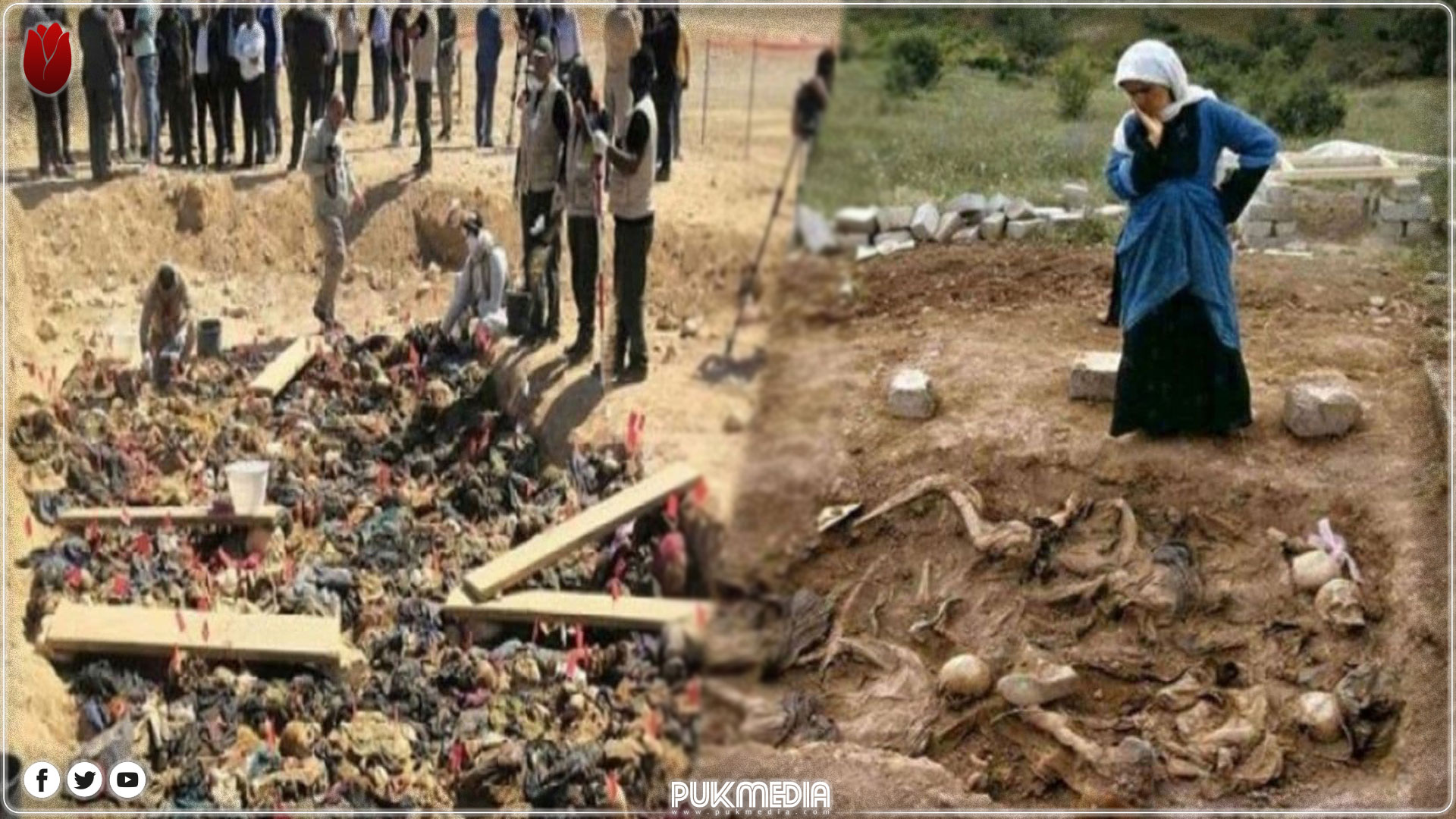
Wednesday, August 25, 2021, marks the 33rd anniversary of the notorious Anfal campaign in the Badinan region (Duhok regions), which destroyed more than 665 villages, and the forced disappearance of over 2,000 innocent Kurds.
According to Lieutenant-Colonel Khalil Othman, head of the Organization 88 for Recognizing the Anfal Crimes, around 4,500 villages were destroyed during the Anfal campaigns that took place in several stages during the fallen Baath regime's rule in Iraq
"665 villages from the Badinan region, and over 2,000 people were forcibly disappeared. Their fates are still unknown," Othman told PUKmedia.
According to Article 132 of the Iraqi constitution, the Iraqi government must compensate the families of the Anfal and define the crime as a crime of genocide, but many still suffer from the grief of losing their loved ones without receiving any compensation to provide them with a better life.
"The Kurdish MPs in Baghdad must pressure the government to compensate the families of the victims," Othman said calling on the Kurdistan Regional Government to establish a memorial for the Anfal victims in Badinan.
History of Anfal
The Anfal Campaign, also known as the Kurdish Genocide, Operation Anfal or simply Anfal, was a genocidal campaign against the Kurdish people (and other non-Arab populations) in northern Iraq, led by the fallen Ba'athist Iraqi President Saddam Hussein and headed by Ali Hassan al-Majid or Chemical Ali (who executed the Halabja chemical attack) in the final stages of Iran-Iraq War.
The campaign takes its name from Surat al-Anfal in the Qur'an, which was used as a code name by the former Iraqi Baathist government for a series of systematic attacks against the Kurdish population of northern Iraq, conducted between 1986 and 1989 and culminating in 1988.
The campaign also targeted other minority communities in Iraq including Assyrians, Shabaks, Iraqi Turkmens, Yazidis, Jews, Mandeans, and many villages belonging to these ethnic groups were also destroyed. Over 180,000 Kurds were killed in the campaign. Sweden, Norway, and the United Kingdom officially recognize the Anfal campaign as genocide.
On December 5, 2012, Swedish parliament Riksdag adopted a resolution by the Green party to officially recognize Anfal as genocide. The resolution was passed by all 349 members of parliament. On February 28, 2013, the British House of Commons formally recognized the Anfal as genocide following a campaign led by Conservative MP Nadhim Zahawi.
The Anfal campaign carried out by the dictatorial regime of Saddam Hussein against the Kurdish civilian population began on February 22, 1988, and continued until September 6 of the same year, and is considered one of the most dangerous pages of government mass killing in the history of Baathist rule in Iraq.
The Iraqi army, including (the First Corps, which was based in Kirkuk, the Fifth Corps, which was based in Erbil), the Air Force, the Special Forces, the Republican Guard, the Commando Forces, the security and intelligence services, military intelligence, the chemical and biological weapons departments, in addition to all service departments have been put in the service of carrying out these horrendous campaigns.
PUKmedia
More news
-
German Forces Commander Ended his Mission at Mam Jalal's Grave
12:28 PM - 2024-04-23 -
Golden Bla Awards Ceremony Takes Place in Sulaymaniyah
11:32 AM - 2024-04-23 -
PUK Official: PUK is Committed to Holding Elections on Time
11:04 AM - 2024-04-23 -
Turkish President Meets Kurdish Officials in Erbil
10:42 AM - 2024-04-23
see more
DPM Talabani Asks Turkish President to Lift Ban on Sulaymaniyah Airport
11:43 AM - 2024-04-23
Iraqi & Turkish Presidents: Problems Should Be Resolved Through Dialogue
05:00 PM - 2024-04-22
PUK President: We Will Protect Journalists' Rights
03:10 PM - 2024-04-22
DPM Talabani: We Will Defend Freedom of Press
10:26 AM - 2024-04-22
Most read
-
DPM Talabani Asks Turkish President to Lift Ban on Sulaymaniyah Airport
Kurdistan 11:43 AM - 2024-04-23 -
Turkish President Meets Kurdish Officials in Erbil
Kurdistan 10:42 AM - 2024-04-23 -
Türkiye Seeks Surge in Trade Volume with Iraq
Economy 10:21 AM - 2024-04-23 -
PUK Official: PUK is Committed to Holding Elections on Time
P.U.K 11:04 AM - 2024-04-23 -
Golden Bla Awards Ceremony Takes Place in Sulaymaniyah
Kurdistan 11:32 AM - 2024-04-23 -
German Forces Commander Ended his Mission at Mam Jalal's Grave
P.U.K 12:28 PM - 2024-04-23 -
10 Notable Individuals Receive Golden Bla Award
Kurdistan 09:27 PM - 2024-04-23

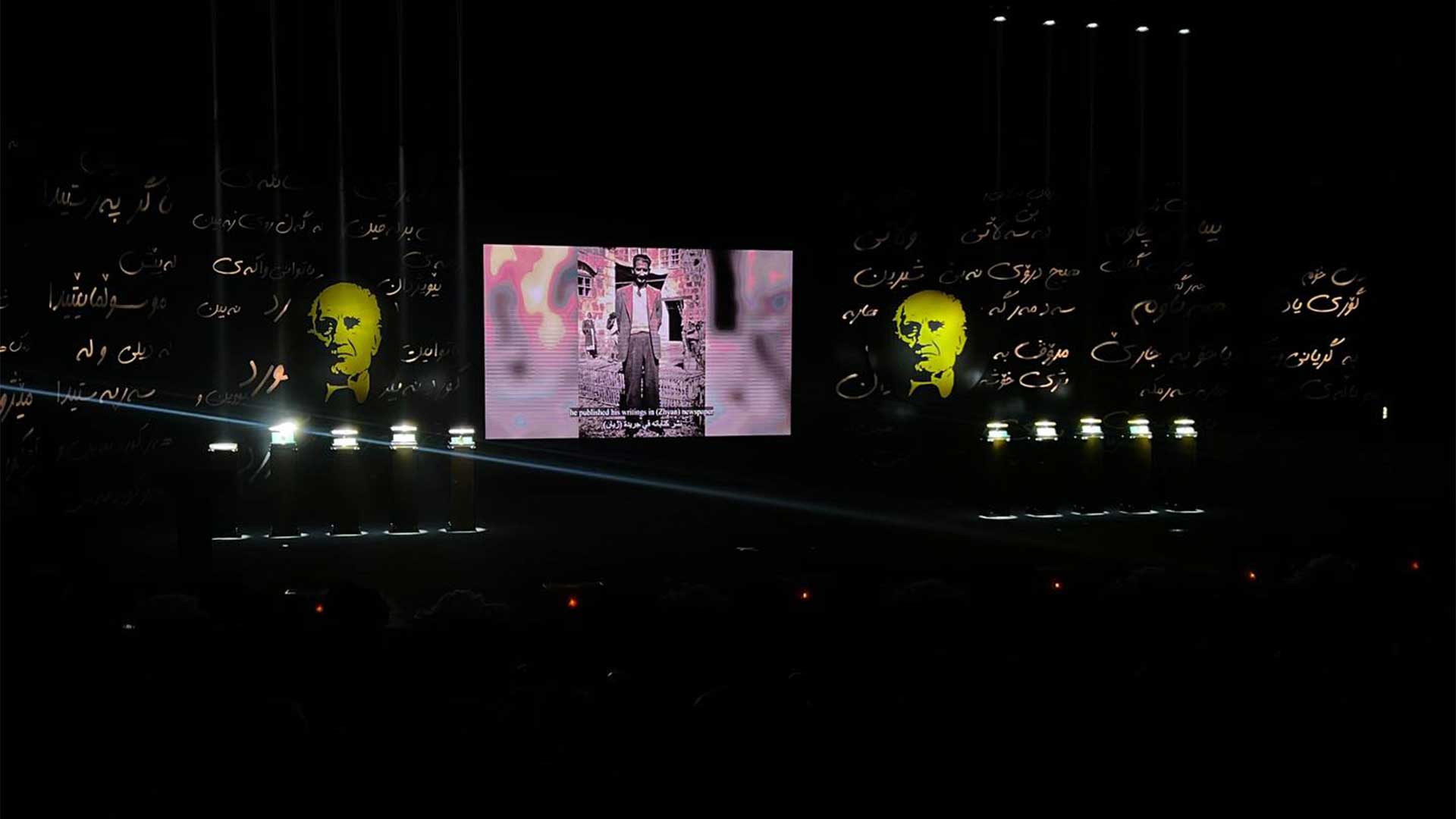
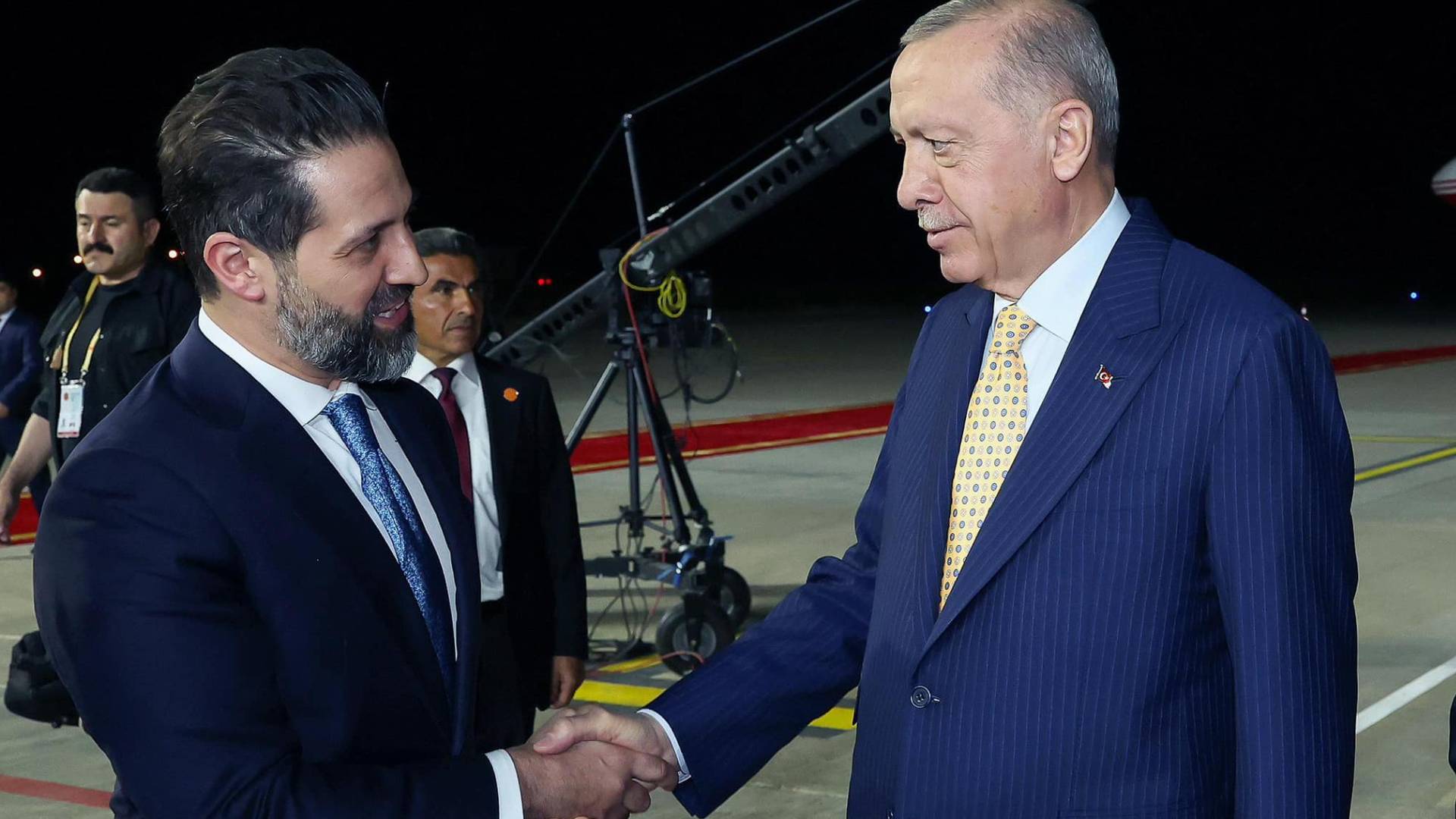
.jpg)
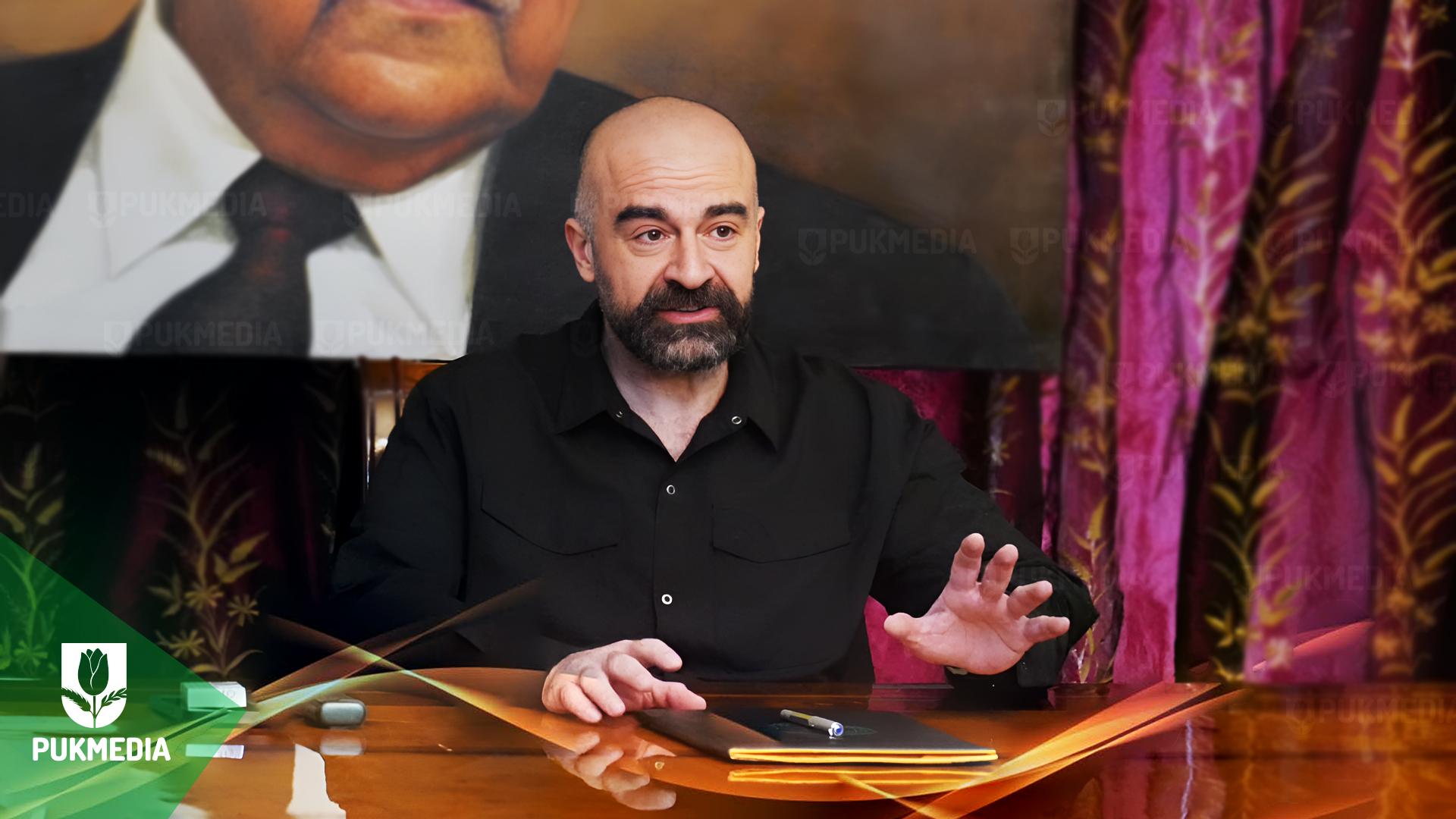
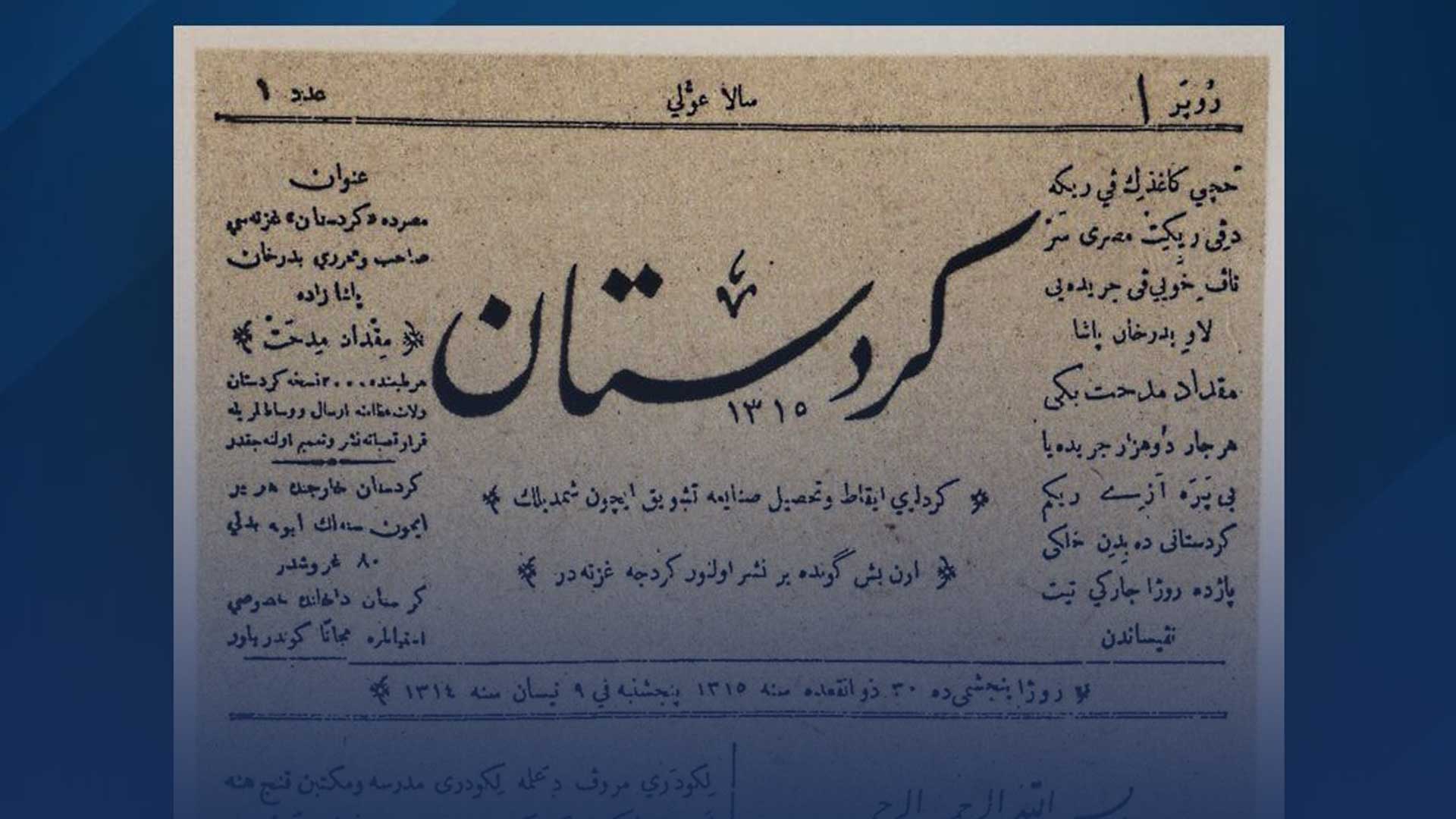
 Application
Application


